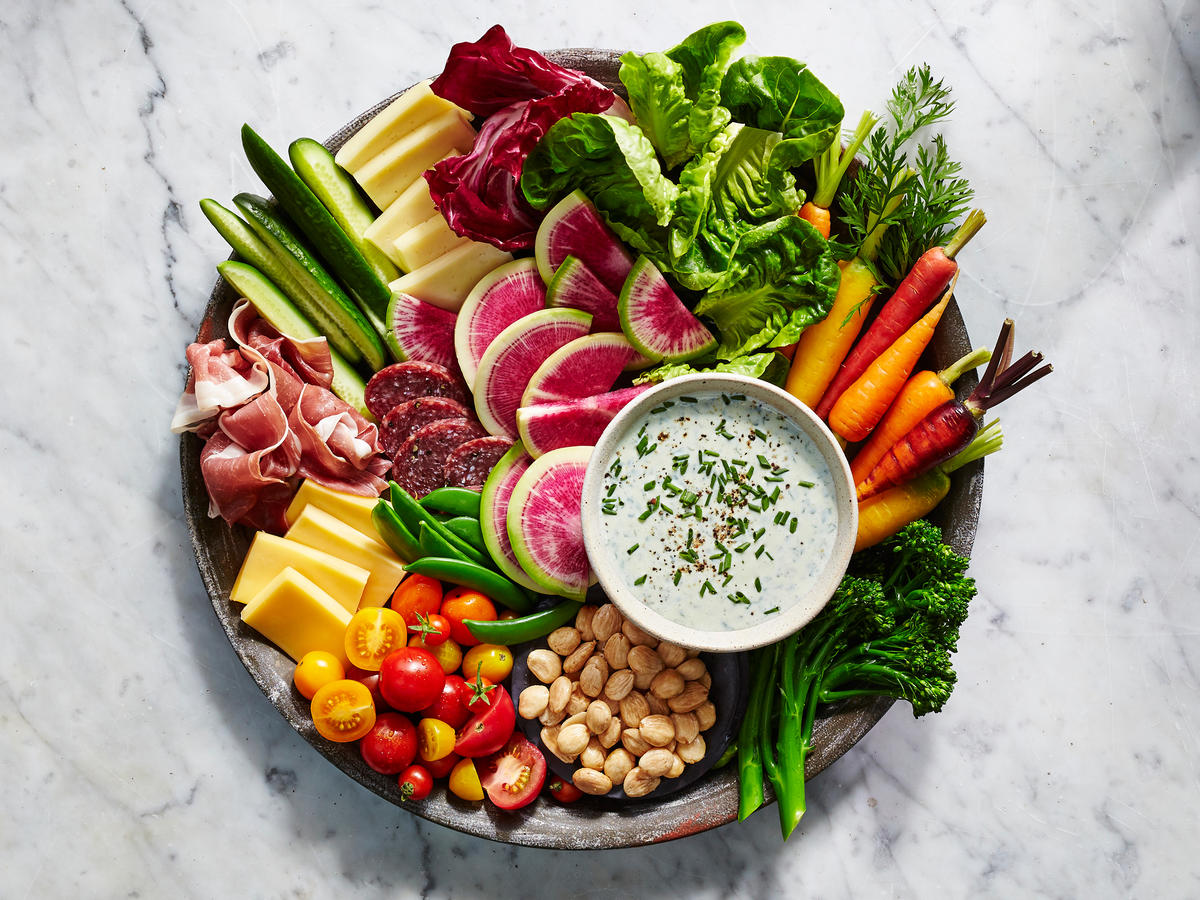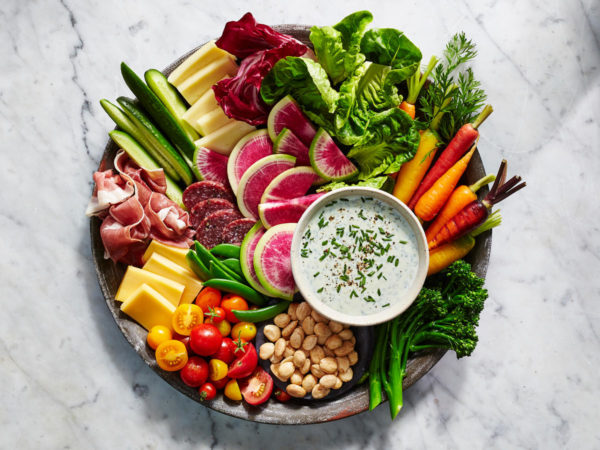
11 Jul Live Longer: Diet & Depression
This summer, the Telluride Ski Resort and The Peaks Resort & Spa in Mountain Village are hosting week-long wellness intensives titled Live Longer Retreat. The Big Idea is to support your annual resolution to get really healthy and therefore live longer well. Half the year is in the rear view mirror. What progress have you made?
With an evidence-based, scientific approach to health and longevity and featuring an experienced staff of medical professionals, personal trainers, Pilates and yoga instructors, dietitians, and chefs, all focused on your unique wellness profile, each Live Longer Retreat is one-of-kind in the U.S.
The intensives, limited to only 10 – 15 participants, include personal consultations, hiking, spinning, yoga, Pilates, talks and demonstrations related to nutrition, cooking classes, and more. Dates this debut summer/fall season are August 19 – August 25 and September 27 – September 30.
The program is led by Dr. Alan Safdi, a world-renowned internist and gastroenterologist with encyclopedic knowledge of mind-body wellness and preventative medicine. Dr. Safdi also has a gift for delivering evidence-based medical findings for healthier living in easily digestible sound bytes.
In the run-up to the retreats, Dr. Safdi is posting regular updates on Telluride Inside… and Out based on the latest, closely vetted research about subjects in the field of health, wellness and longevity.
This week, however. we give Dr. Safdi a time-out, but continue the talk about diet and the relationship between what we eat and our physical and emotional condition. The article (below) about “Diet and depression” by Dr. Monique Tello, MD & PhD, appeared this past winter in a Harvard Medical School blog. Not to sound like a broken record, Dr. Tello’s message, like Dr. Safdi’s ongoing riff, is the same: Eat plants. Lots of them. Turns out the Mediterranean diet, Dr. Safdi’s favorite recommendation for how easily sustainable it is, is associated with a significantly lower risk of developing depressive symptoms.

Feel free to sign up now to participate in a Live Longer Retreat – or call 1-877-448-5416 for further information.
Just this week, I have seen three patients with depression requiring treatment. Treatment options include medications, therapy, and self-care. Self-care includes things like sleep, physical activity, and diet, and is just as important as meds and therapy — sometimes more so.
In counseling my patients about self-care, I always feel like we don’t have enough time to get into diet. I am passionate about diet and lifestyle measures for good health, because there is overwhelming evidence supporting the benefits of a healthy diet and lifestyle for, oh, just about everything: preventing cardiovascular disease, cancer, dementia, and mental health disorders, including depression.
Diet and emotional well-being
Diet is such an important component of mental health that it has inspired an entire field of medicine called nutritional psychiatry. Mind-body medicine specialist Eva Selhub, MD has written a superb summary of what nutritional psychiatry is and what it means for you right here on this blog, and it’s worth reading.What it boils down to is that what we eat matters for every aspect of our health, but especially our mental health. Several recent research analyses looking at multiple studies support that there is a link between what one eats and our risk of depression, specifically. One analysis concluded:
“A dietary pattern characterized by a high intake of fruit, vegetables, whole grain, fish, olive oil, low-fat dairy and antioxidants and low intakes of animal foods was apparently associated with a decreased risk of depression. A dietary pattern characterized by a high consumption of red and/or processed meat, refined grains, sweets, high-fat dairy products, butter, potatoes and high-fat gravy, and low intakes of fruits and vegetables is associated with an increased risk of depression.”
Which comes first? Poor diet or depression?
One could argue that, well, being depressed makes us more likely to eat unhealthy foods. This is true, so we should ask what came first, the diet or the depression?..


Sorry, the comment form is closed at this time.